Is Sparkling Water Bad for Your Teeth? — How It Could Affect Your Tooth Enamel
Published Jan. 22 2024, 2:44 p.m. ET
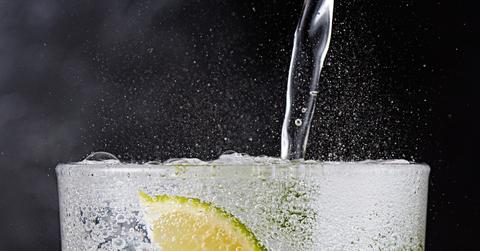
While sparkling water is a great opportunity to get your hydration in, there’s a chance your sparkling water habit could be bad for your teeth. Although sparkling water is a healthier alternative to sugary sodas, there is some concern regarding the acidity of carbonated drinks—seltzer included.
Carbonated drinks have a higher acidity than plain water, which can negatively affect tooth enamel. It’s important to note that seltzer isn’t the worst of what could be eroding your tooth enamel.
However, please know that we are not medical professionals, and it’s important to seek guidance from your dentist about whether or not your oral health is at risk.
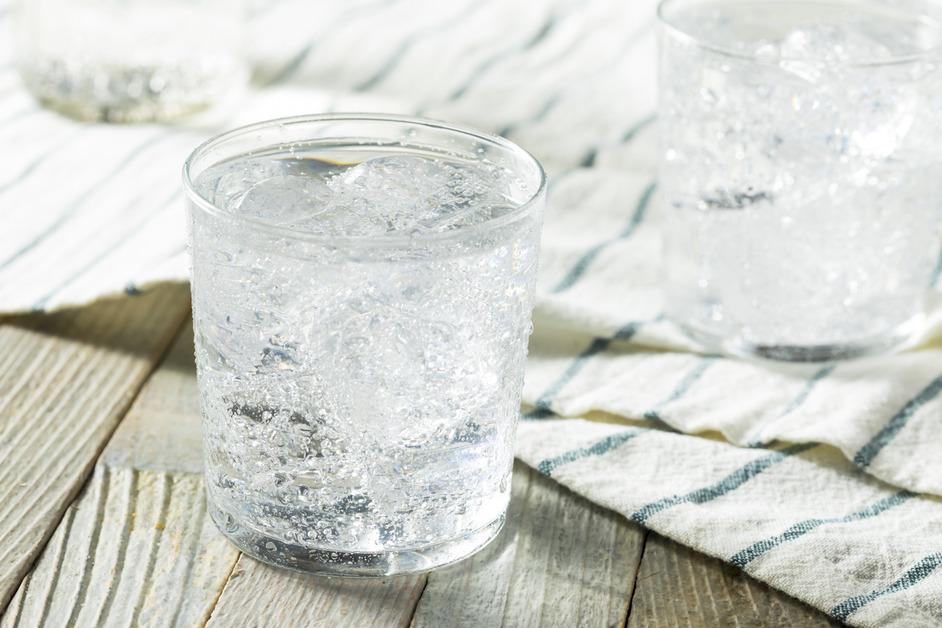
Is sparkling water bad for your teeth?
The acidity of sparkling water could harm your teeth. According to Axios, the pH of still water sits at around a neutral 7, while seltzer’s pH can be four or lower. A study in 2015 found that beverages with higher acidity, often lower than 4, are a key contributor to tooth erosion.
Dr. Cerisa Moncayo, the CEO and principal dentist at The Palisades Dentists in California, told Axios that “nine times out of ten,” the patients with enamel erosion drink a lot of seltzer or lemon water. For those with weak enamel, the effects of just a couple of seltzers per day could be noticeable on their teeth.
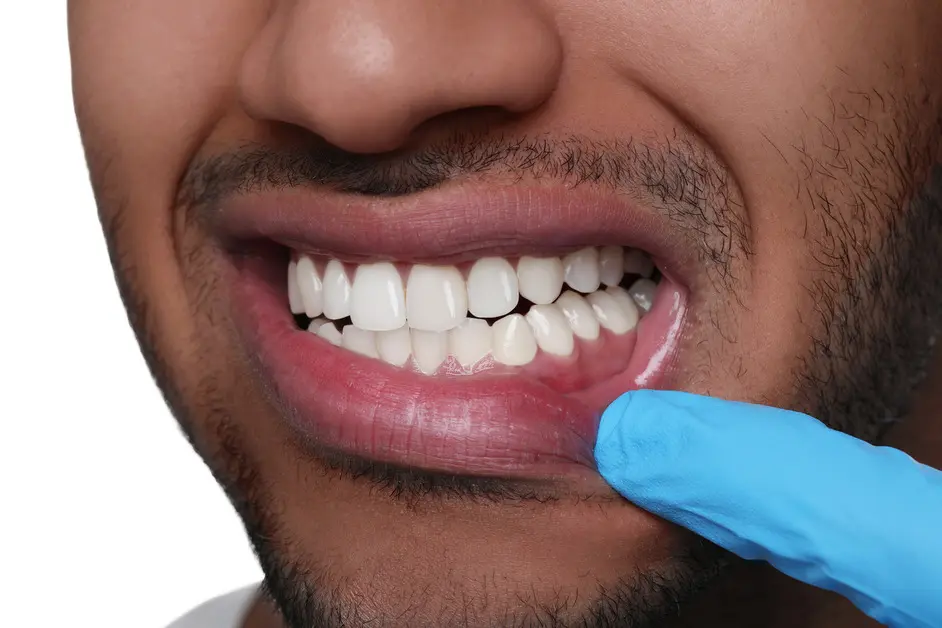
According to Southview Dentistry in Charlotte, N.C., the flavor of your drink also matters. When drinking citrus-flavored seltzers, the pH is much more acidic.
However, there may be indirect benefits from drinking seltzer water. Some people report drinking seltzer keeps them from eating many sugary snacks and sodas. So, in this case, drinking sparkling could lead to less tooth decay and erosion, per Southview Dentistry.
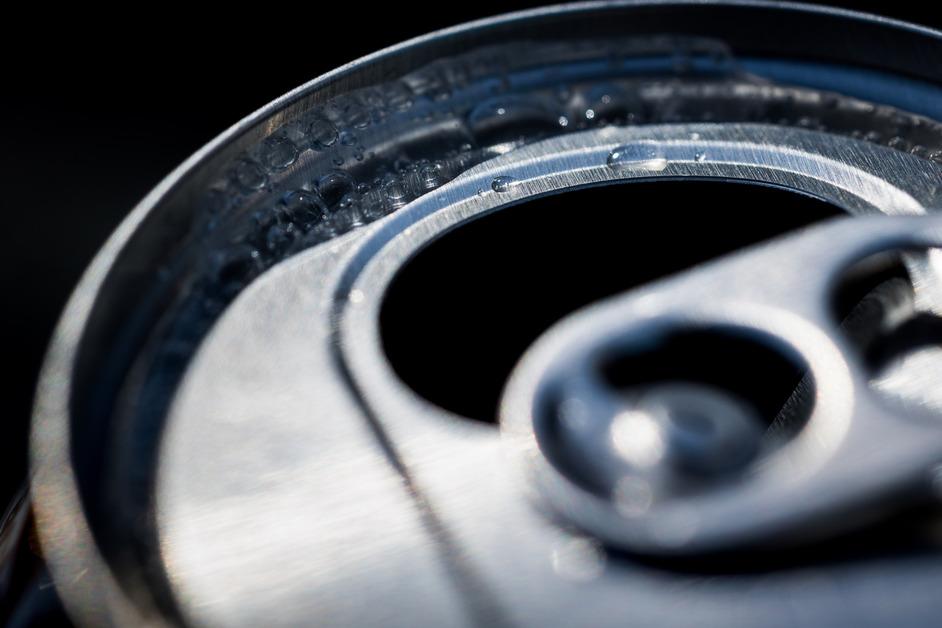
Is carbonation bad for your teeth?
It isn’t just seltzer water that could pose problems; it’s all carbonated beverages. Sparkling water is carbonated, meaning carbon dioxide has been added to the water, which makes it fizzy.
Carbon dioxide reacts with water under high pressure during the carbonation process, forming carbonic acid. According to William Linger, DDS, MAGD, Caring, and Personal Dentistry, carbonic acid can wear down the minerals on the tooth enamel.
The effects of sodas and drinks with added sugar are worse. The average soda has a pH of 3, which, to put into perspective, lemon juice’s pH sits at around 2, per Axios. In sugary drinks, the acidity from the sugar mixed with the acidity from the carbonic acid makes it all the more harmful to your teeth, per Southview Dentistry.
According to WebMD, research has found a connection between the development of osteoporosis and soda consumption. A study at Tufts University found that women who drank three or more cola beverages a day had a lower bone density in the hip by almost 4 percent. However, these findings were not consistent in every soda tested.
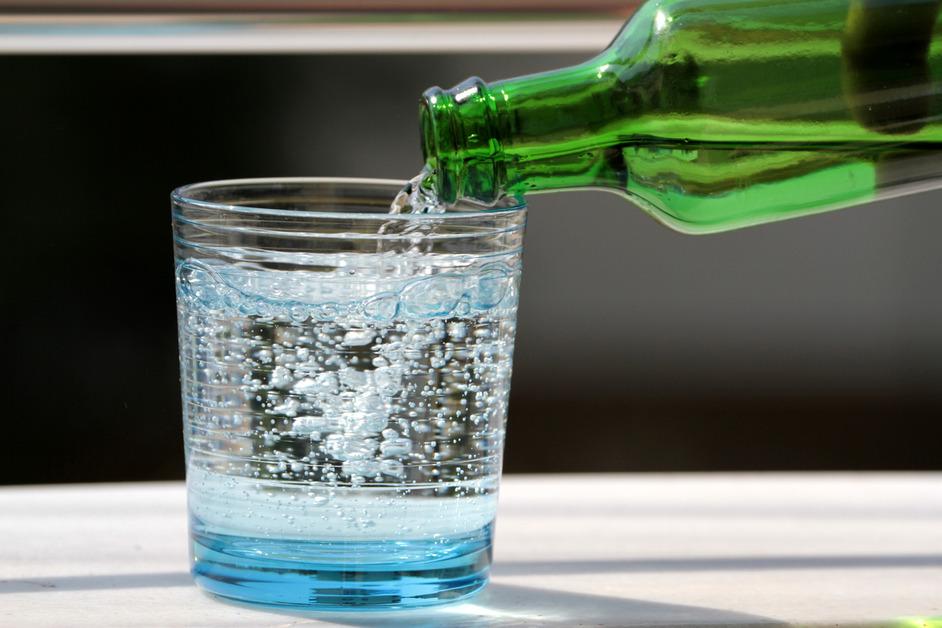
Some tips for reducing enamel erosion:
There are ways you can mitigate enamel erosion while not giving up sparkling water.
According to Axios, Dr. Moncayo recommends swishing and drinking flat water after seltzer to neutralize the pH. Another tip is to use a straw (reusable of course!) to limit the carbonation’s direct contact with tooth enamel.